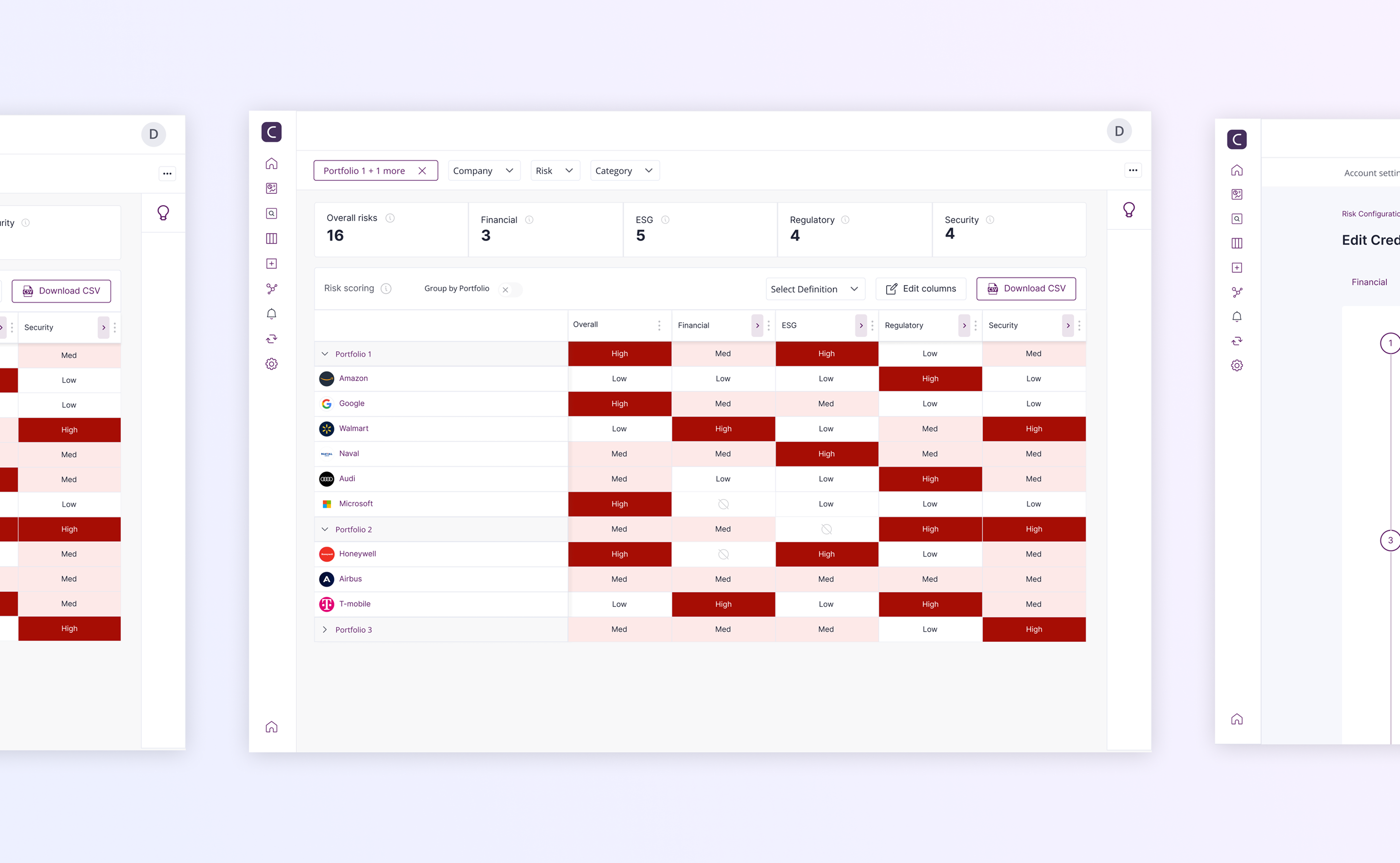
November 1, 2023
Agile Development for Non-Technical Founders
As a non-technical founder, the idea of managing a software development team can be terrifying. You're responsible for delivering a product you can't build yourself, working with people who speak a language you don't understand, and making decisions about technology you've never used. But here's the truth: some of the most successful tech companies were founded by non-technical entrepreneurs.
The key isn't becoming a programmer—it's becoming an effective product leader who can bridge the gap between business vision and technical execution. Having coached dozens of non-technical founders through this challenge, I've developed a framework that works.
Mastering the Agile Mindset
Agile isn't just a development methodology—it's a business philosophy. The core principle is simple: build small, test fast, learn quickly, and iterate. This approach minimizes risk while maximizing learning, which is perfect for non-technical founders who need to validate their assumptions.
Start by understanding the basic agile ceremonies: daily standups (15-minute sync meetings), sprint planning (goal setting for 1-2 week periods), and retrospectives (learning from what worked and what didn't). You don't need to run these meetings, but you need to participate effectively.
"Agile is not about doing more work faster; it's about doing the right work better."
Jeff Sutherland, Co-creator of Scrum
The Art of User Stories
User stories are your bridge between business requirements and technical implementation. Learn to write them in this format: "As a [user type], I want [functionality] so that [benefit]." This keeps the focus on user value rather than technical features.
For example, instead of saying "Add a login button," say "As a returning user, I want to log in quickly so that I can access my saved data." This helps your technical team understand the business context and make better implementation decisions.
Building Your Technical Confidence
You don't need to code, but you do need to understand the basics of how software works. Learn about databases, APIs, front-end vs. back-end development, and basic security concepts. This knowledge will help you make better product decisions and communicate more effectively with your team.
Use tools like Lucidchart to create technical diagrams, and don't be afraid to ask your developers to explain concepts in business terms. A good technical co-founder or CTO will be happy to educate you—it makes their job easier in the long run.
Managing Without Micromanaging
Your role is to define the "what" and "why," not the "how." Focus on business outcomes, user experience, and strategic priorities. Let your technical team handle implementation details, but stay involved in product decisions and user feedback.
Establish regular check-ins with your technical lead to discuss progress, blockers, and upcoming decisions. Use these meetings to align on priorities and provide business context, not to micromanage technical work.
Remember: being non-technical is actually an advantage in many ways. You bring fresh perspective, focus on user needs, and aren't constrained by technical biases. Embrace your role as the bridge between business vision and technical execution.
- Solutions
- Home
- Our Services
- Portfolio




